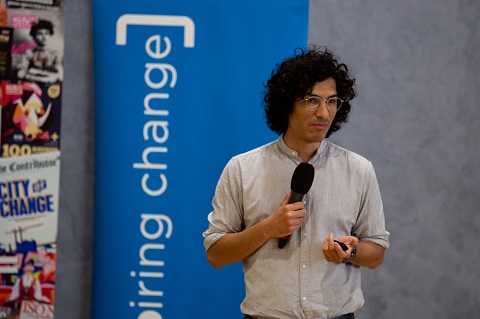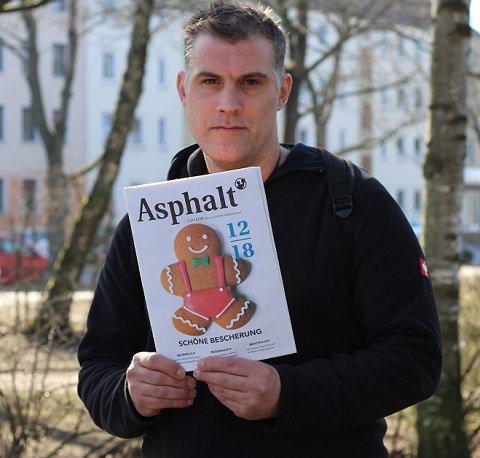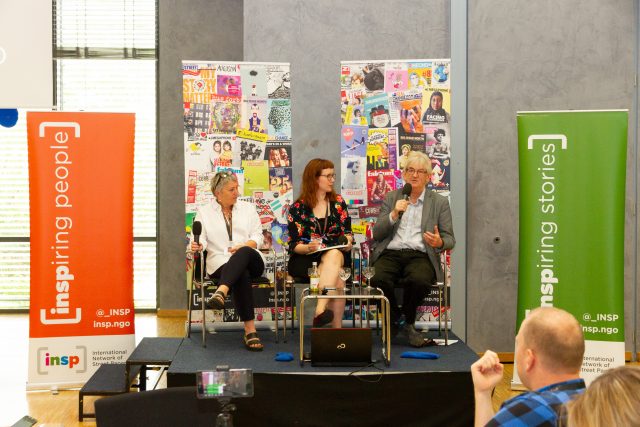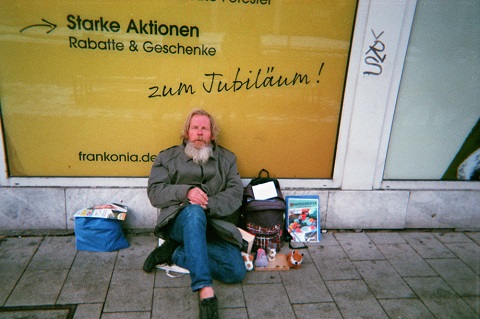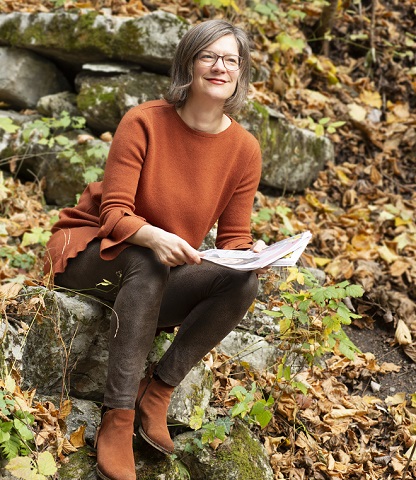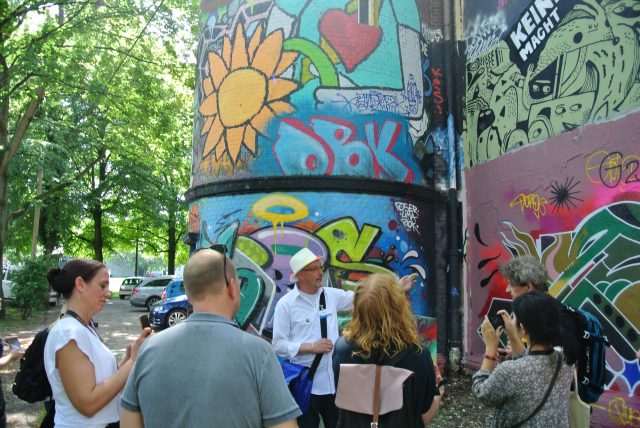When Susan Aktemel launched Scotland’s first social enterprise letting agency in 2013, she was approaching a private sector problem, one she had first-hand experience of, from a position of expertise in the social sector.
“It all stemmed from dissatisfaction with letting agents, both from my position as a landlord, and from my tenants,” she says. “We started up on a shoestring, and there was a gradual build up, so in that sense it started similarly to many social enterprises. What made the logistical beginning of the business different was my track record was more experienced than most start-ups, and so we had more momentum. I saw a need, a gap in the letting agent business model – this massive social need – so I looked to fill it.”
After setting up and leading charity Impact Arts for nearly twenty years, Homes for Good was, at least from the outside, a hard left turn. A letting agency, even one approached from an ethical and socially-minded perspective, which looked to provide homes for people of all backgrounds and situations, even those on the very fringes of society, was a quite different animal from one that dealt in creativity and artistic expression as a means of social change.
However, Aktemel’s personal business experience as a private landlord and property developer, which she kept going alongside her work at Impact Arts, has been integral in making Homes for Good a successful idea, one that has raised over £12 million in social investment since its inception, and provided homes for countless marginalised people, as well as those simply looking to deal with a letting agent which is helpful and transparent. In 2016, Homes for Good was named Social enterprise of the Year at the Scottish Business and Social Enterprise Scotland Awards.
“After leaving Impact Arts, I didn’t have a clear idea of what I wanted to do next,” Aktemel explains. “But I had been a private landlord for over a decade – I owned property, and it just happened that my leaving the charity coincided with two pretty bad letting agent experiences in quick succession.
“I decided I’d manage the portfolio of property I’d amassed myself, and that morphed into the idea of starting my own letting agency, but to do it my way, and using my social enterprise background to run it totally differently.”
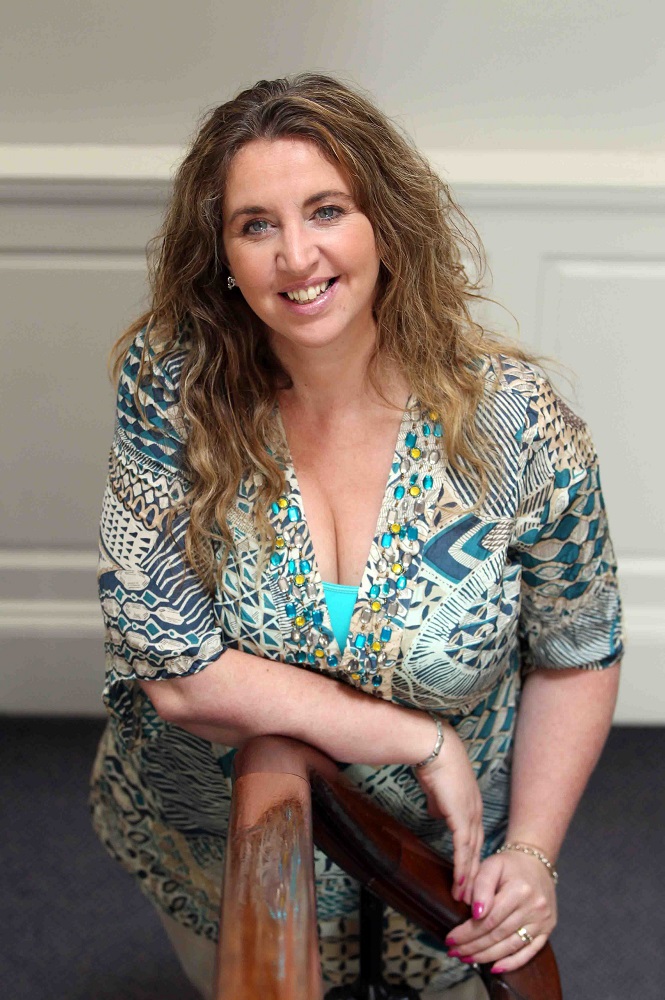
This feeling spurred on what Homes for Good would come to represent – the opposite of the commonplace experience for landlords and tenants. “I was designing the business model from an aggrieved stand point: letting agents would always deliver rent late, there was a lack of communication, always issues with repairs, and unpleasant surprises. It’s no surprise the private rent market receives almost as many complaints as energy companies do.
“You always hear in the press about tenants dealing with landlords, but most people don’t have these horror stories, they are just the ones you hear. A story about good landlords and tenants having a fine time aren’t sexy and, in fact, landlords are as unhappy as tenants, and both dread letting agents.”
Homes for Good approached things more professionally and more personably: landlords have a guarantee that they will receive rent within three working days (though usually quicker, Aktemel points out) and there is constant communication between all parties. “We try to build relationships. We look for tenants that we’re not setting up to fail, and we’re giving people homes and relating to them as people rather than customers or clients, or someone simply to get money from. We are all just human beings.
“Actually the way we work should be how everyone operates. We work across the whole letting market – not just with marginalised people – as this is what keeps the business model viable. But importantly, no matter what type of home you end up with, no matter the location, no matter the price of the rent, everyone is treated the same.”
Crucially though, Aktemel’s social enterprise is offering the chance for people, who might not normally get a look into the private letting market, to live in their own home.
“In the private market, most people on housing benefit wouldn’t get access to a decent private sector home,” she says. “If you’re a decent person, who gets housing benefit, the choice is so limited. Landlords say no to three quarters of applicants straight away. With us, it’s more likely to be a yes than an automatic no. Our portfolio manages over 400 homes, and we own half. Of the 200 or so we bought, we renovated them, made them lovely, and 90 per cent of these go to people on low incomes.”
As Aktemel tells me, this means that she, and her business, must make a double-headed approach, meaning that Homes for Good is more like two organisations working concurrently – a social enterprise supporting people into homes alongside a regular property company.
To do this, Homes for Good’s own tenancy support team work with more in-the-know organisations to support the people who live in their properties, some of whom may be on the brink of homelessness due to a fall, or disappearance, of income, and who may be living with other significant personal problems. “The people we deal with require varying levels of assistance, from just a little hand-holding to intensive support, and we’re more than happy to supply anyone in this range of needs a home,” says Aktemel. “But if you’re a couple of steps away from a bad situation, and feeling quite vulnerable, there’s only so much tenancy support can do. That’s why we work with organisations like [Glasgow homelessness charity] the Simon Community – we will provide the housing and it means people who need it have access to support. It’s a win-win for everyone involved. Having a fully-furnished, homely environment is so important to make you feel good about yourself.”
Homes for Good is a leading example of why social enterprise in Scotland is booming. Aktemel believes things are just getting started, and it is the ability of the country’s best purpose driven businesses to stay in the public eye that is making a splash. “Social enterprise in Scotland took a while to get going, to gain momentum, but it is evolving. The Scottish government has fully latched on to the potential a business approach can have to social problems. And as an international movement, we are at the forefront of it.
“If you look at Social Bite [a social enterprise sandwich shop which employs and feeds homeless people] and the campaigning they do, regardless of your view on the quality of that intervention, it grabs the public’s imagination. That, in turn, means people start to hear all about it, and there is a gradual increase in awareness of the problem that’s being addressed.”
Having a fully-furnished, homely environment is so important to make you feel good about yourself
In Scotland, of the over 5,000 social enterprises currently in existence, 64 per cent of them are women, with the likes of Aktemel as the obvious success stories leading to that figure. However, it’s not something that she feels is particularly out of step. “I don’t know why women are more at the top in social businesses than in the private sector. I’m pretty oblivious to that debate – I just get on with it. Obviously there’s something happening in the wider world, in society, that means women are coming to the front.”
Ultimately, she says, it is business savvy, regardless of gender, that makes social enterprises tick.
“I’m fully 50/50 in terms of how socially-minded and ‘business-y’ I am,” she says. “Business and social intuition are equally important. It’s vital that the people who are running these social enterprises have this split approach. We need that balance to keep the business commercially viable – for example, 90 per cent of our tenants are social, but it’s the other 10 per cent that really keep us going financially
“It’s completely possible for a commercial business to make it as a social business, but I’m not sure that someone who is approaching a social issue from a business standpoint, who has no business acumen, could fully succeed. There needs to be an understanding of the latter for the former to make a difference.”
INSP Members can download this article from the INSP News Service here.







